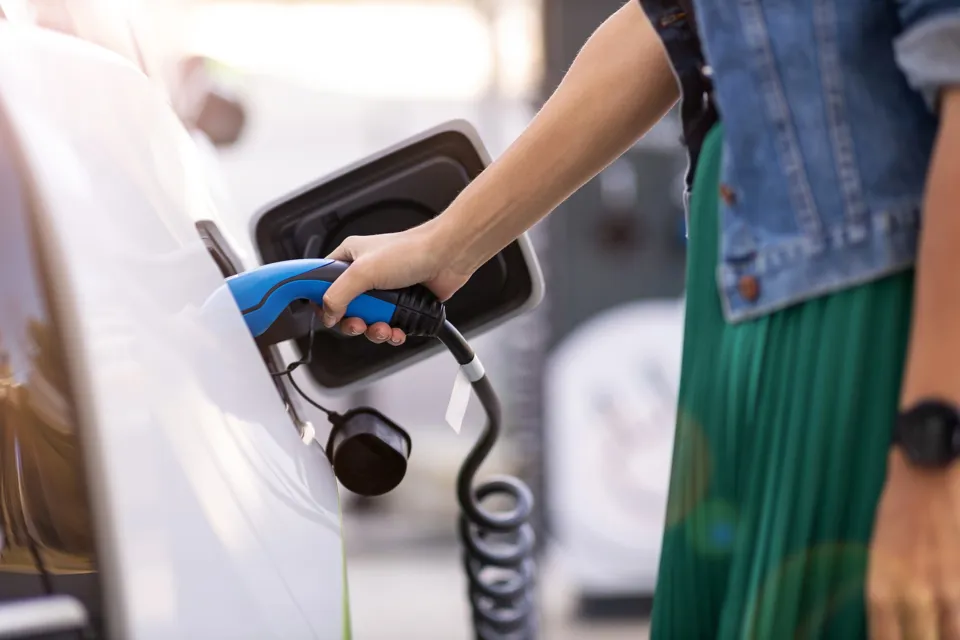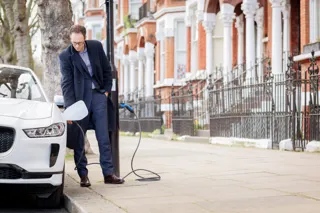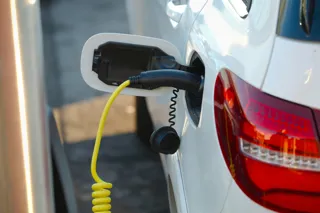New research from the campaign group FairCharge shows that only a quarter of local authorities in the UK have published electric vehicle (EV) transition strategies.
This is despite being encouraged to do so by the Government and the Local Government Association (LGA).
The Freedom of Information (FOI) requests revealing the scale of the challenge come as the Government says it wants to make it mandatory for councils to produce EV transition strategies.
The new research reveals that only 28% of local authorities have published EV transition strategies, with a further 23% in the process of devising a strategy.
In a response to a Parliamentary questions, energy minister Greg Hands said the Government “will continue to monitor and engage with local authorities as they progress with their strategies and will work to help mainstream capability and leadership”.
The Government’s EV Infrastructure Strategy, which was published last month, said the Government would “ an obligation on local authorities (subject to consultation) to develop and implement local charging strategies to plan for the transition to a zero emission vehicle fleet”.
It explained: “Local leadership is essential to creating new investment opportunities and inspiring local confidence in EVs.
“An actual or a perceived lack of sufficient supply can reduce people’s willingness to switch.
“Without consistent prioritisation of charging infrastructure deployment across the country, some areas are at risk of being left behind.”
FairCharge spokesman Quentin Willson said that the figures were “extremely worrying”.
“BEIS and DfT say that local authorities are best placed to consider local needs, and this of course is true, but we can see today that, without a big role for central government in supporting councils, there is a real chance that much of country will be left behind in terms of public charging infrastructure," he added.
“Councils clearly need to up their game too, but their needs to be direction and oversight from central government.”
Willson added that figures are concerning, because many people – such as those without driveways – will be “hindered from taking part in the EV revolution”.
“This is simply unfair and will hold us back in our efforts to decarbonise transport,” he said. “Our FairCharge campaign is seeking to ensure the benefits of EVs are felt by all.
“The Government should waste no time in placing a statutory duty on local authorities to produce EV transition strategies.”
André Dias, founder and chief technology officer at GoWithFlow, believes that any transition towards EVs, whether part of an overall ‘sustainability’ effort or a standalone project requires “conscious, defined strategy and real commitment to carbon reduction”.
“Without this and without the knowledge of the advice and expertise that exists,” he said, “the steps required might be seen as too complex at this stage in industry and infrastructure development.
“Also, the hesitation may not be on the part of the council itself. But, rather on the mandated propellants for such change – and, we’d assume, prioritisation given the circumstances we still find ourselves in.
“Furthermore, when you consider the perceived difficulty and administration associated with selling products and services to public bodies in the UK, private enterprises are more than likely focussing their sales efforts elsewhere, where the sales cycle might not be quite so arduous.”
> Interested in comparing electric vehicle data? Check out our EV tool.
> Interested in ensuring the efficient use of EVs. Check out our dedicated editorial sections: Insight & policy | EV news | Charging & infrastructure | Costs & incentives | Benefit-in-kind | EV case studies | EV road tests























Login to comment
Comments
No comments have been made yet.